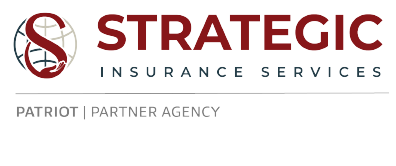This is the ultimate dream for someone who wants to start their own business but doesn’t want the responsibility of managing a large facility. Plus, this is often a good backup plan for those who want to get out of the kitchen and onto the road.
Now that you’ve established a following and tickle everyone’s taste buds with your wares, you must insure your business properly. Remember, it’s not just a food truck—it’s a mobile restaurant on wheels.
Who Needs Food Truck Insurance?
Insurance for a food truck is an important part of your business plan, but you must have a good understanding of whether or not you need this type of insurance. You might think, “I don’t run a food truck. My business is completely different.”
Remember, there’s quite a few businesses that fall into this category like:
- Food trucks
- Lunch trucks
- Catering trucks
- Concession vehicles
- Mobile vending businesses
- Ice cream trucks or vans
Review this list and consider what you should do. Perhaps, you figured you only needed commercial auto insurance. Maybe you assumed that a catering business didn’t require extensive insurance coverage. After all, you don’t manage a restaurant, and you set up in someone else’s business, house, or location.
Because you might be surprised by the liabilities you face, reach out to our team at Strategic Insurance to verify that you’re insured properly.
How Much Does Food Truck Insurance Cost?
Remember that the cost of food truck insurance depends on the vehicle, the nature of your business, how the vehicle is used, equipment on the vehicle, food storage on the vehicle, and much more. There’s no way to quote your insurance needs in a blog, but you can get an idea of what you’re looking at, be it food trailer insurance, concession trailer insurance, insurance for catering vans, food cart insurance, etc.
An extra bit of wisdom for food truck owners—inventory the equipment on your truck with pictures and videos. Keep your receipts. Never let the insurance carrier guess how much that gear is worth in the event of a total loss.
Types of Food Truck Insurance
When you want to insure a food truck, remember that you’re not buying one policy meant for insuring a food truck. You go much deeper by purchasing an ensemble of policies that work together to protect your biggest investment and life’s work—your business.
Commercial Auto
Your food truck is not a personal vehicle, and it should be insured accordingly. If your food-related business uses a personal or standard passenger vehicle, you still need commercial auto coverage. These policies tend to carry more value, offer higher limits, and let the carrier know that the vehicle is used for business purposes.
General Liability
Liability insurance protects your business against injury claims related to the vehicle, those who claim your food caused injury or illness, etc. Without liability coverage, your business could be wiped out by just one successful claim from a disgruntled customer.
Business Owner’s Policy
A business owner’s policy can combine several types of insurance you might need like business interruption or income loss coverage, liability insurance, commercial auto, and more. You can ask one of our agents if combining policies in this manner makes the most sense for your food truck.
Workers’ Compensation
You must think beyond just “food truck insurance companies” because your business could expand quickly. You might have enough employees that you’re required to carry workers’ comp coverage. This policy is affordable, transfers liability to the insurance carrier, and protects your team if they’re injured on the job.
Consider this sort of coverage even if it isn’t required by law in your case—you’re working with sharp objects, hot surfaces, and in tight quarters—it’s the right thing to do.
Contact Strategic Insurance for Assistance With Your Food Truck Insurance
Reach out to Strategic Insurance for assistance with restaurant and commercial auto coverage for your food truck. When you bring that restaurant on wheels to the community, you will brighten everyone’s day, but you must insure your business properly to avoid issues that will inevitably occur as you manage a successful business.


